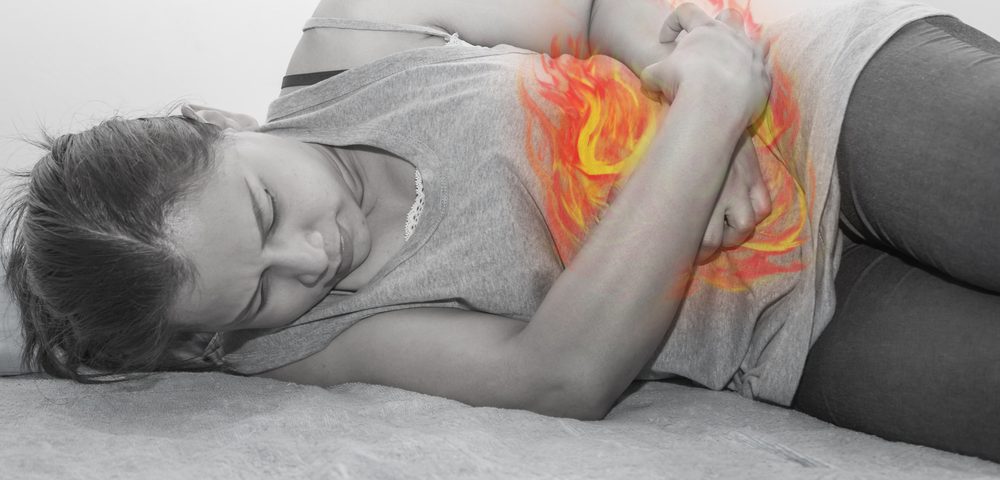Changes in the body’s internal clock influence kidney inflammation associated with chronic kidney disease (CKD), new research suggests. Understanding this relationship may help in the development of new therapies for treating CKD.
The study, “Inhibition Of G0/G1 Switch 2 Ameliorates Renal Inflammation In Chronic Kidney Disease,” was published in the journal EBioMedicine.
The circadian rhythm is the body’s own internal clock and responds primarily to light and darkness, allowing people to anticipate and adjust for regular environmental changes. This how the body knows that nighttime is for sleep and daytime is for being awake.
Several proteins participate in the proper regulation of the circadian rhythm, and certain diseases have been linked to mutations in the genes encoding such proteins. Disruption of the circadian rhythm can lead to the development of inflammatory reactions.
Patients with chronic kidney disease have a dysregulated circadian rhythm, particularly during sleep, and many mediators of inflammation contribute to the pathology of CKD.
Recently, one of the protein regulators of the circadian rhythm, called CLOCK, was shown to be involved in the activation of pro-inflammatory proteins, suggesting a possible relation between circadian rhythms and CKD.
To further understand this relationship, researchers used mice to investigate the role of another circadian rhythm regulator protein, called G0s2, in the pathology of CKD. They observed that the expression of G0s2 was controlled by the CLOCK pathway, and that increased activation of that gene worsened kidney dysfunction associated with CKD. But inhibiting or depleting G0s2 led to improvements in this condition.
Together, these results suggest that molecular changes that are dependent on circadian rhythms may exacerbate kidney inflammation in CKD mice, and that inhibition of the G0s2 gene can potentially be a suitable therapeutic strategy against CKD.
“Our results showed that altered expression of molecular components of the clock signaling machinery was associated with the degree of CKD pathology,” the authors wrote.
“Environmental factors such as light exposure, feeding habits, and working conditions in human societies are complex; although these environmental conditions may also contribute to the observed effects, our data clearly indicated that inhibition of G0s2 function may have therapeutic benefits in the treatment of CKD,” they wrote.

